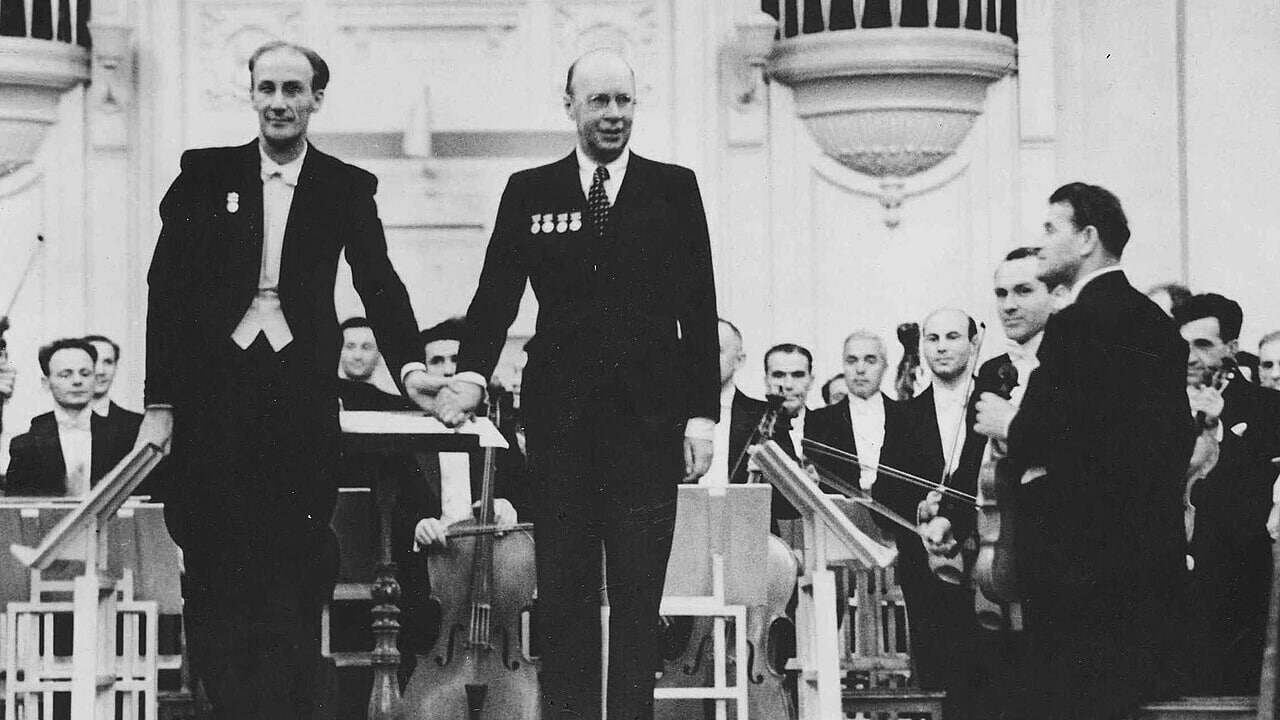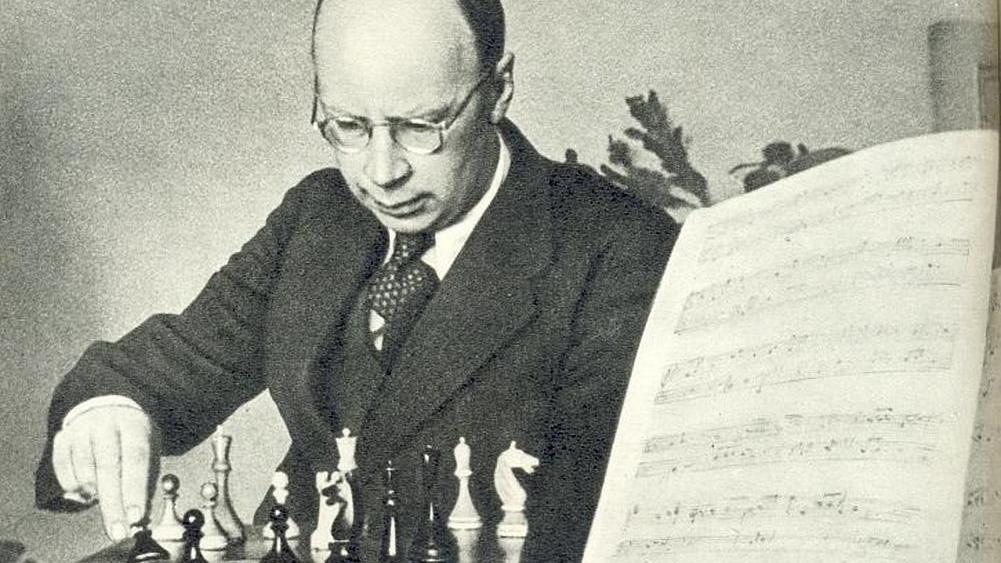Prokofiev’s Sixth Symphony: Shadowy and Austere
If the popular Stalin Prize-winning Fifth Symphony of Sergei Prokofiev, composed in 1944, delivers triumph, heroism and emotional catharsis, the Sixth, by comparison, is shadowy, austere, and enigmatic. It reveals itself fully after repeated attentive listenings. Arriving at the height of post-war Soviet Stalinism, Symphony No. 6 in E-flat minor, Op. 111 was initially well received when Evgeny Mravinsky led its premiere in Leningrad on October 11, 1947. A month later, when …







